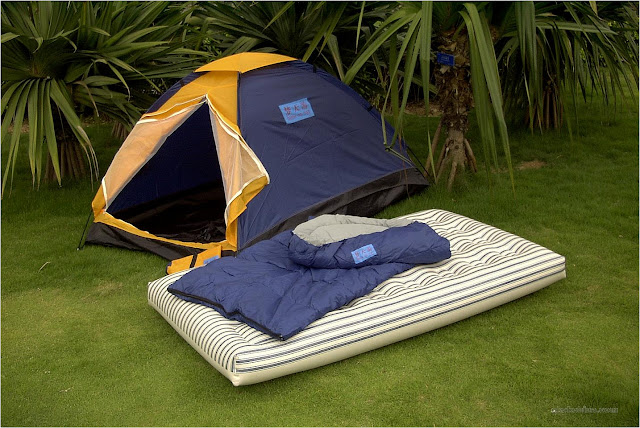You don’t necessarily need to go to a massage therapist to sleep better – researchers are studying how self-administered shiatsu works as a sleep treatment for patients with chronic pain. The traditional Japanese massage practice called shiatsu is a potential treatment to help patients with chronic pain find slumber – and stay asleep.
Remember that you’re not the first, and you won’t be the last.
Do you feel uncomfortable when getting a professional massage from a registered massage therapist? If so, you’re not alone. I couldn’t really relax until my fifth or sixth massage. I still feel a bit awkward sometimes, especially when I remember I forgot to shave my legs! But I keep telling myself I’m not the first body she’s ever massaged. And, my body is no worse or better than any other body…she’s seen it all
Who would turn down a good massage? There aren't many things that are equal parts indulgent, relaxing, and good for you. In addition to releasing tension, a massage can help regulate blood pressure and boost your immune system, according to recent studies. And when done right, an at-home massage has serious chill-out benefits for both of you. So grab your partner and relax with our DIY guide.
Who would turn down a good massage? There aren't many things that are equal parts indulgent, relaxing, and good for you. In addition to releasing tension, a massage can help regulate blood pressure and boost your immune system, according to recent studies. And when done right, an at-home massage has serious chill-out benefits for both of you. So grab your partner and relax with our DIY guide.
Make sure the room is comfortable.
It is essential that the room is comfortable for conducting your massage. If your partner/client feels uncomfortable throughout the massage, they will not enjoy it as much!
Make sure they have somewhere comfortable to lie down, such as a bed, a soft rug or a proper massage table. Cover the surface with soft towels to keep them clean and free of oil.
Make sure the room is nice and warm. Remember that your partner/client will be partly undressed for the duration of the massage, so you don't want them to be cold. Use a space heater if necessary.
Make sure the room you use for the massage is somewhere private where you will not be disturbed by any other people, children or animals.
I've worked in fancy high rises, street fairs, conventions, and even back store rooms of restaurants. Whether a professional or doing at home massage yourself on friends and loved ones, one must try to do their best to focus and ground themselves prior to doing a massage. At home massage is much easier because you're in familiar surroundings and can control your environment better. Music is a consideration.
Make sure they have somewhere comfortable to lie down, such as a bed, a soft rug or a proper massage table. Cover the surface with soft towels to keep them clean and free of oil.
Make sure the room is nice and warm. Remember that your partner/client will be partly undressed for the duration of the massage, so you don't want them to be cold. Use a space heater if necessary.
Make sure the room you use for the massage is somewhere private where you will not be disturbed by any other people, children or animals.
Chair massage in different environments.
I've worked in fancy high rises, street fairs, conventions, and even back store rooms of restaurants. Whether a professional or doing at home massage yourself on friends and loved ones, one must try to do their best to focus and ground themselves prior to doing a massage. At home massage is much easier because you're in familiar surroundings and can control your environment better. Music is a consideration.
EASY MASSAGE CHAIRS
In 1948, Roland A. Labbe filed a patent application for a massage chair. Labbe's design consisted of a stool mounted on a pedestal. A metal frame attached to the back section of the pedestal. Labbe designed the chair to vibrate and stretch the person sitting in the chair as a means to relieve stress, tension and pain. He also thoughtfully designed the ability for the chair to accept attachments that could provide other forms of massage. Compared to today's chairs, his design looks a bit intimidating.
For more information about massage chair, read here: findbestmassagechair.com


